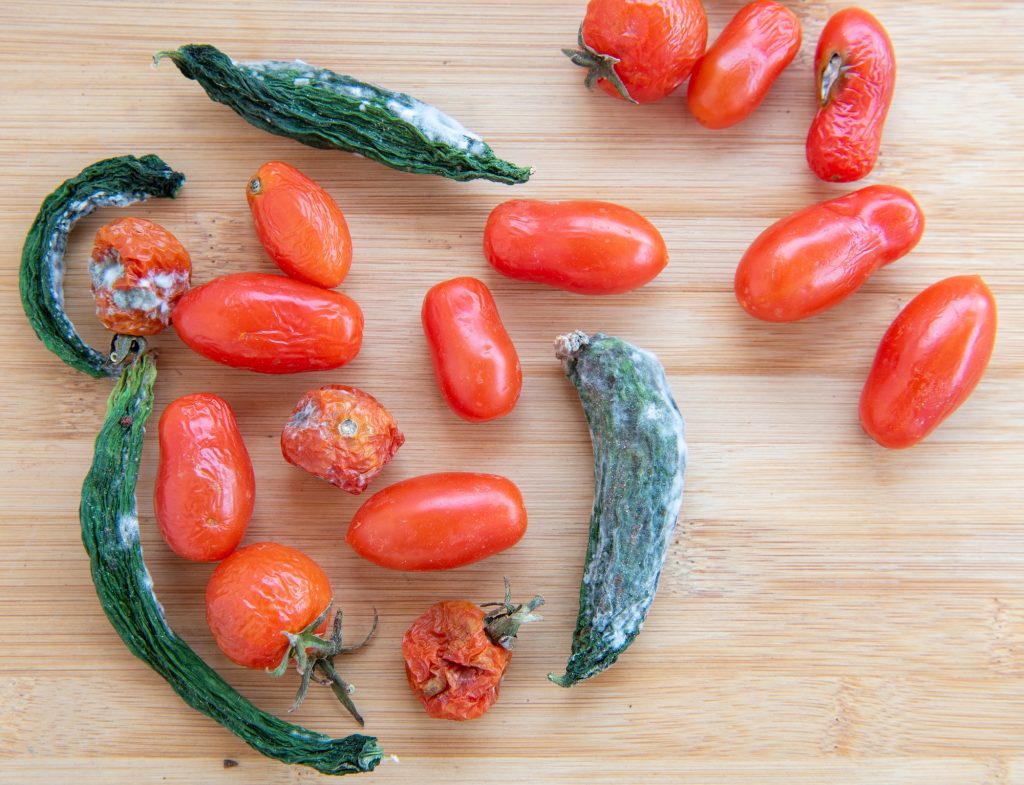
Food Toxicology is involved in delivering a safe and edible supply of food to the consumer. During processing, a number of substances may be added to food to make it look, taste, or smell better. Fats, oils, sugars, starches, and other substances may be added to change the texture and taste of food. All of these additives are studied to determine if and at what amount, they may produce adverse effects. A second area of interest includes food allergies. Almost 30% of the American people have some food allergy. For example, many people have trouble digesting milk and are lactose intolerant. In addition, toxic substances such as pesticides may be applied to a food crop in the field, while lead, arsenic, and cadmium are naturally present in soil and water, and may be absorbed by plants. Toxicologists must determine the acceptable daily intake level for those substances.
